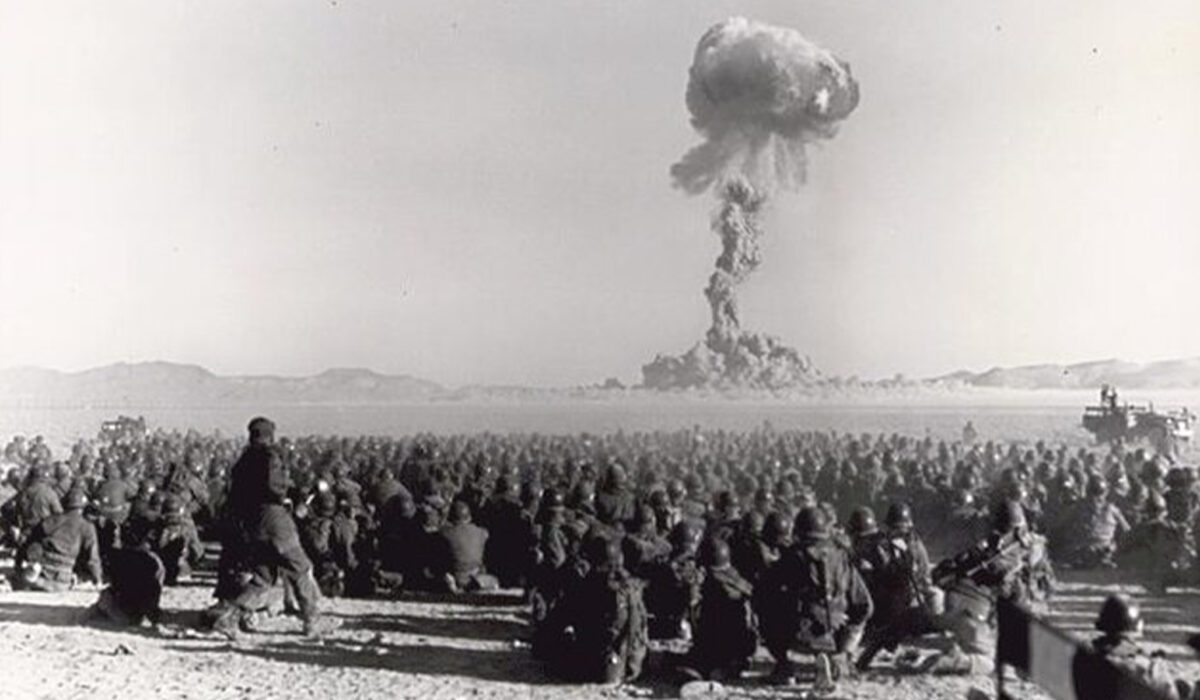America’s Deterrent: Why a Strong Arsenal Still Matters
Men are not angels, and therefore the United States must always maintain an arsenal designed to deter aggression from nations that wish us ill. That simple truth underpins our policy and explains why we resist unilateral disarmament. A credible military posture prevents wars by convincing potential foes that aggression will be costly.
Deterrence is not about aggression, it is about prevention. When adversaries know we can and will defend our people and allies, they think twice before acting. Weakness invites risk and miscalculation on the world stage.
The nuclear triad — land-based missiles, submarine-launched missiles, and strategic bombers — gives the nation redundancy and resilience. Each leg fills gaps the others cannot, complicating any enemy planning. Maintaining all three keeps our deterrent robust and survivable.
Modernization means replacing aging systems, not expanding a first-strike arsenal. Our deterrent needs reliable platforms that work when called upon, not relics that rust in silos. Investing in upkeep and upgrades is fiscal prudence when the alternative is strategic surprise.
Manned systems, crews, and clear command-and-control are as important as hardware. Training and readiness ensure that plans translate into action under pressure. You cannot paper over deterrence with doctrine alone; people execute policy.
Missile defense complements deterrence by complicating an opponent’s calculus. It reduces incentives for limited strikes and protects civilians and forward bases. While not foolproof, layered defenses make aggression harder and costlier.
Alliances amplify our deterrent value and spread responsibility among like-minded nations. When partners share surveillance, basing, and signaling, adversaries face a united front rather than isolated targets. Burden-sharing strengthens credibility and reduces chances of regional collapse.
Testing, exercises, and visible capability demonstrations matter politically and technically. They reassure allies and warn rivals that we do not bluff. Regular drills and transparent capability assessments build trust in our commitment.
Arms control can work, but it must flow from strength and verification, not wishful thinking. Agreements without reliable compliance checks and enforcement invite cheating. A posture rooted in deterrence makes diplomacy effective because it negotiates from strength.
Budget debates should focus on smart choices that preserve deterrence while avoiding waste. That means prioritizing survivability, command resilience, and credible delivery systems over grandiose projects with little operational value. Fiscal discipline and strategic clarity are not opposing goals; they reinforce each other.
Ultimately, deterrence is about protecting lives and liberty by preventing war in the first place. Strong defenses keep the peace by making aggression unattractive, not by provoking conflict. We owe future generations a secure America that understands power, responsibility, and the cost of letting defenses atrophy.

